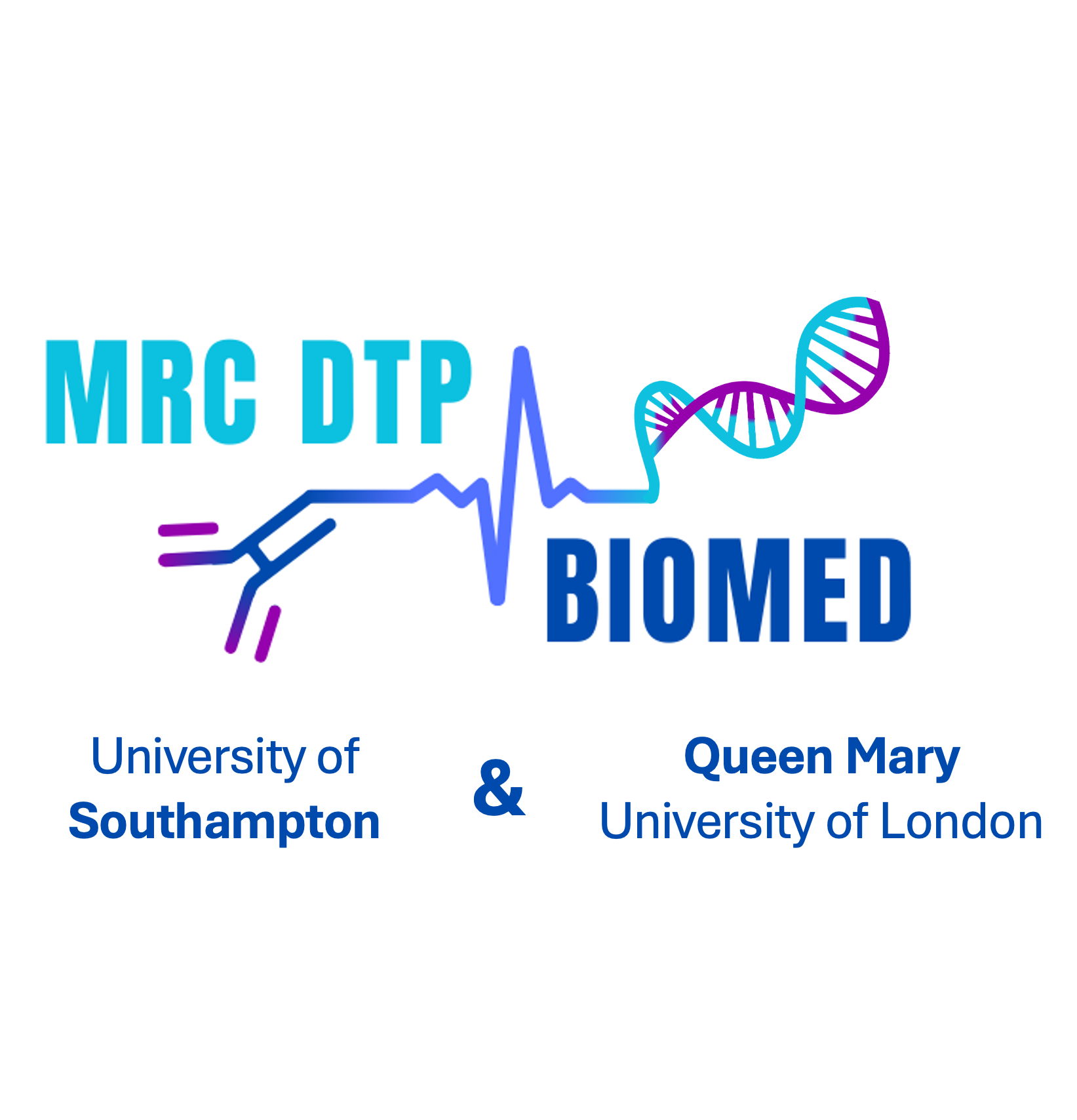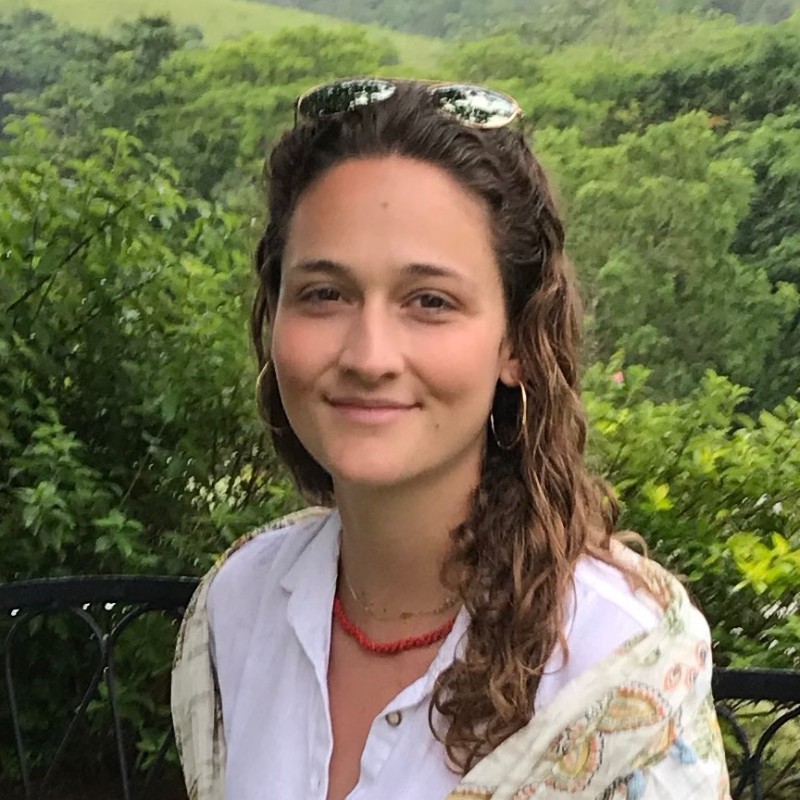
Cancer Inflammation and Immunology
What is your current rotation? I am currently doing a rotation in Stephanie Kermorgant’s lab, investigating whether the cMet signalling pathway, stimulated by HGF, leads to an increase in PDL1 expression.
What skills have you developed so far, and what skills do you hope to develop? I have learnt how to perform western blotting. I think I will go on to develop skills in immunofluorescence and microscopy.
How have you found the mathematic/computational component of the DTP? It’s been incredibly valuable to have assigned time to learn how to use R. It’s something I think will be incredibly useful in my research career, and I just don’t think I could have invested the time independently to learn it.
What have you enjoyed most and least about your experience so far? I’ve really enjoyed joining a PhD scheme with three other people. I think the taught computational module has been the most useful. I have least enjoyed the research methods module; it, and its coursework, are quite time consuming.
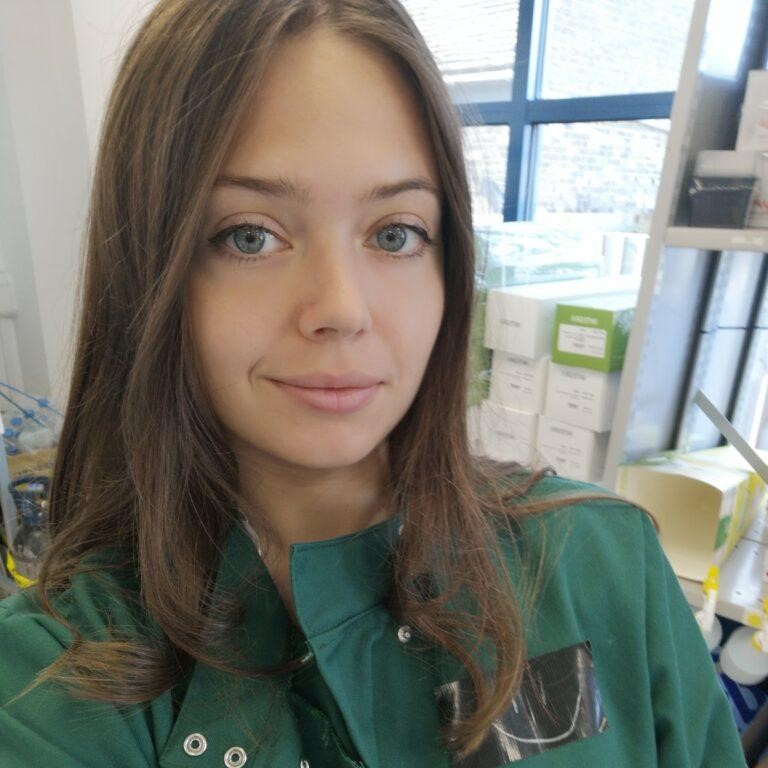
Cancer Immunology
What is your current rotation? I am currently undertaking a research project at Prof. Gareth Thomas’ lab under the supervision of Dr Christopher Hanley. I analyse single cell RNA sequencing data from cancer patients and investigate the heterogeneity of cancer-associated fibroblasts (CAFs) found within the tumours. CAFs are components of the tumour microenvironment known to aid cancer progression. Understanding the mechanism through which they act could improve future cancer therapies.
What skills have you developed so far, and what skills do you hope to develop? I have learnt a few new research methods that I hadn’t yet had the chance to perform, including flow cytometry and immunoprecipitation. I picked up bioinformatics during the rotations and I keep working on these new skills. Also, as a student for whom English is not their first language, I got to work on my writing skills which I think will be very useful in the future. As for the skills that I’d like to develop, I would enjoy the opportunity to work with, amongst others, immune cells and with primary cells.
How have you found the mathematic/computational component of the DTP? It felt a little overwhelming at first, but from the time perspective I am confident to say that it was very helpful in learning the basics of R coding. Nowadays, bioinformatics analysis is a desirable skill and so being introduced to it at the beginning of the PhD was important. Continuing my bioinformatics adventure during the rotation projects made me want to incorporate it in my final PhD project, despite being terrified of it at first.
What have you enjoyed most and least about your experience so far? The best part of the programme is being able to test three different potential projects and choose the one that you like the most. The first three months of the programme were the busiest with assignments, so I enjoyed it the least, but I guess that’s a “student’s life.”
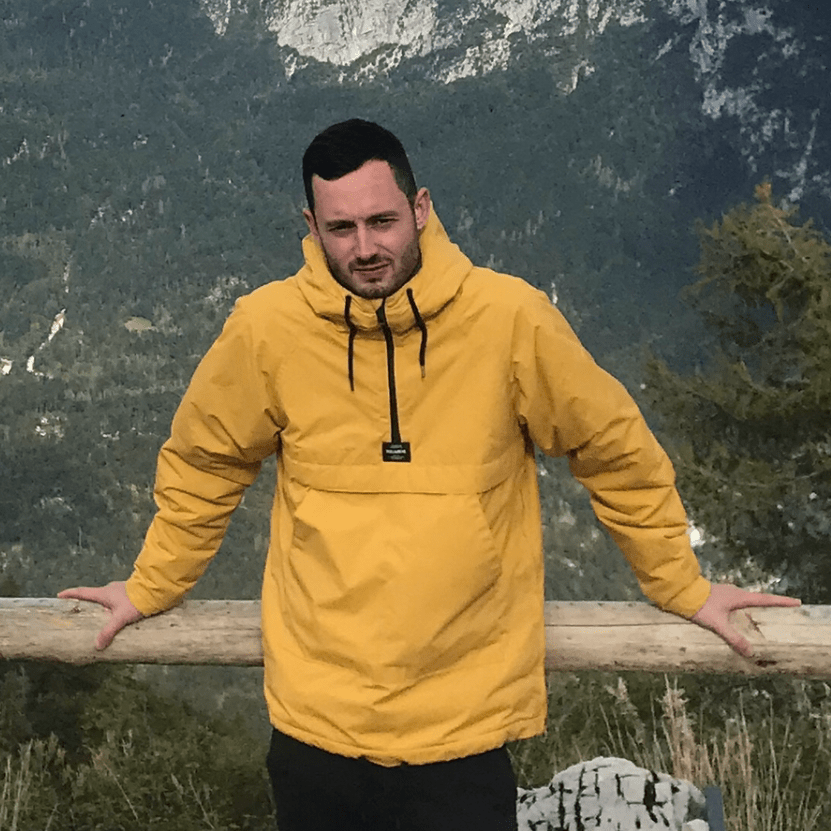
Cancer Inflammation and Immunology
What rotations have you completed so far? My first rotation was under the supervision of Dr Pradeep Madapura at the Blizard Institute and was titled “Generation of MSL and MOF Knockdown Cell Lines to Study Their Role in Enhancer Function and Gene Regulation.” In this project I was trying to produce stable gene knockdown cell lines in which the histone acetyltransferase proteins MSL and MOF could be studied in order to shed light on their role in development and cancer.
I undertook my second rotation in Dr Gunnel Hallden’s lab at Barts Cancer Institute, working on oncolytic adenoviral therapy for the treatment of prostate cancer. The aim of this project was to develop new methods, such as combining with peptides, to enhance the delivery of the therapeutic adenoviruses to the prostate cancer cell and ultimately increase cell killing.
What skills have you developed so far, and what skills do you hope to develop? I have been fortunate to develop a wide range of laboratory skills over the first two rotations. These include a number of fundamental research techniques such as cell culture, PCR, western blotting just to name a few, and I feel that this will stand me in strong stead for work that I will encounter throughout and beyond my PhD. As my third rotation will be in the form of a literature review, I really hope to be able to develop my ability to critically review other research papers.
How have you found the mathematic/computational component of the DTP? One hugely interesting aspect of this course is the taught computational module that is undertaken in Southampton. This was a real eye opener for me as I had previously no experience in this at all and went into the course fairly nervous about it. It was so encouraging that by the end of the module I felt I had a solid foundation understanding of bioinformatics and how it can be applied. I look forward to trying to develop this more during my PhD.
What have you enjoyed most about your experience so far? I think the most enjoyable aspect of the programme is without doubt the opportunity to spend time in different labs doing completely different types of research. Not only do you learn a wide range of different skills and see how different researchers work, but it allows you to make a very informed decision on which project you wish to select for the PhD.
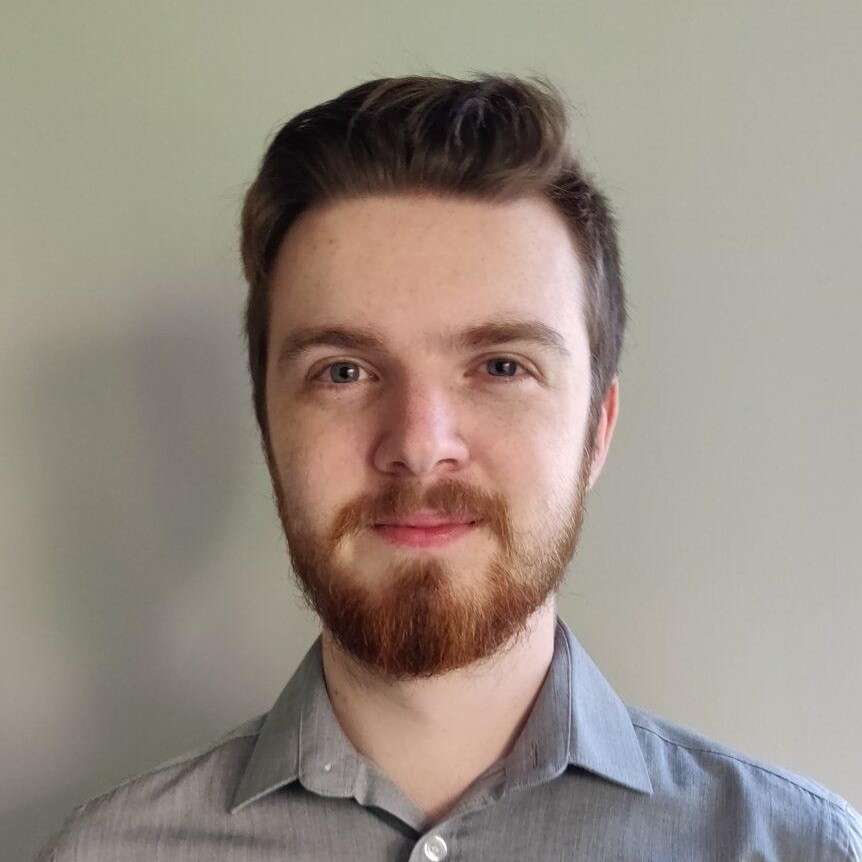
Cancer Immunology
What is your current rotation? I am studying regulation of the immune response in relation to peptide immunogenicity – very important concepts in understanding targeting of cancer cells and viruses. I am currently working to investigate the conformational dynamics of MHC-I proteins by combining experimental hydrogen-deuterium exchange (HDX) datasets and computational molecular dynamics simulations. HDX is limited as deuterium uptake is measured across entire peptide fragments, preventing insight at the single residue level. By combining the high-resolution conformations sampled by MHC proteins during molecular dynamics simulations we can predict the probable structures present in the HDX experiments. This can help provide insight into how different MHC alleles are able to select for certain peptides and vary their dependency on chaperones such as tapasin and ERp57.
What skills have you developed so far, and what skills do you hope to develop? I have continued developing my lab-based skills in western blotting, FACS, tissue-culture and more. I have also learnt completely new skills in molecular dynamics simulations and the associated analysis of protein trajectories. I hope to learn to apply advanced sampling methods to my MD simulations as well as conduct my own HDX experiments in the future.
How have you found the mathematic/computational component of the DTP? An introduction to basic R coding skills and getting to apply this to biological datasets is a useful foundation to modern data analysis that is becoming an increasingly more critical skill for research scientists to have. Consequently, without a strong grasp of the underlying statistics these methods can often be easily misrepresented, which is why I believe combining these two subjects into this course has been an invaluable addition to my skillset as an early career researcher.
What have you enjoyed most about your experience so far? The opportunity to tailor my projects to what I believed benefited me most has put me in a position where I feel very prepared for my future PhD project. I have been able to gain experience in a wide array of subjects from lab-based biochemistry to pure computational chemistry, all of which have provided unique skills I plan to utilise in the future.
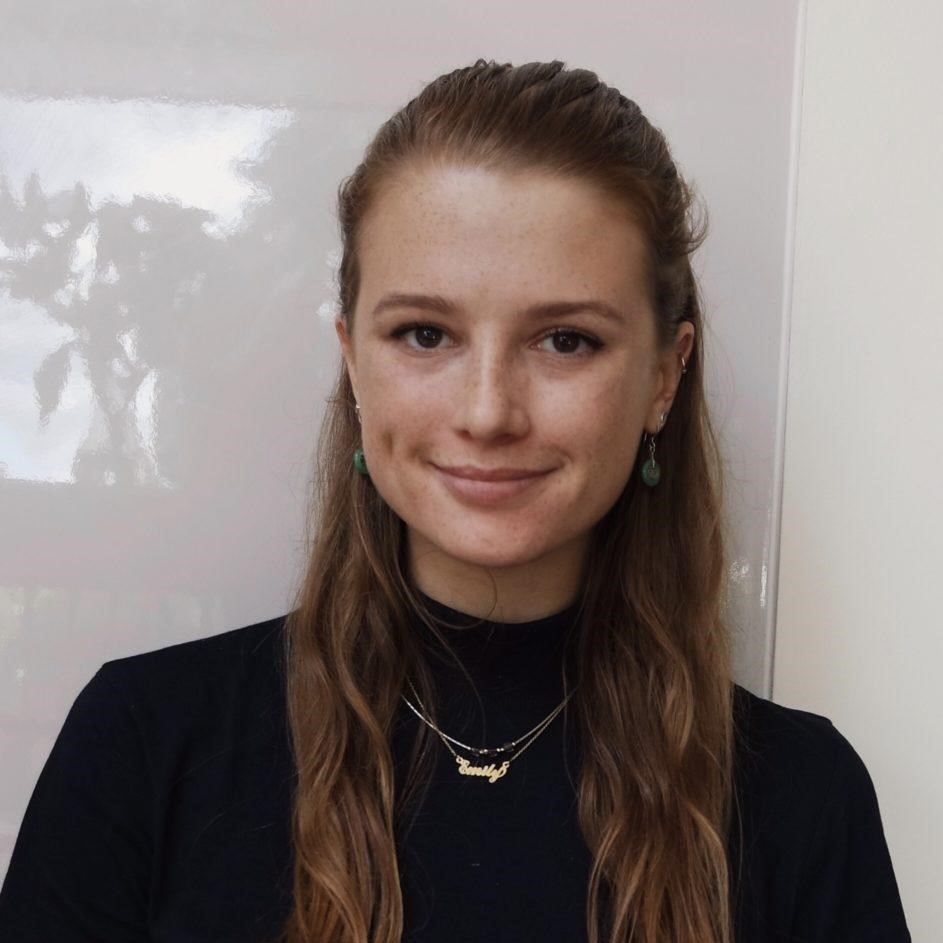
Cancer Inflammation and Immunology
What is your current rotation? The title of my current rotation project is ‘Investigating the impact of eradicating cancer cells with amplified centrosomes in cancer.’ Centrosome amplification is a hallmark of cancer and has been shown to promote tumorigenesis in vivo, leading to chromosome instability (CIN) and increased invasive capacity of cells. I am currently helping to generate a new cell line to investigate what happens to the tumour microenvironment (TME) when cells with extra centrosomes are removed.
What skills have you developed so far, and what skills do you hope to develop? So far I have developed both my cellular and molecular biology skills through experience with gateway cloning and immunofluorescence staining. I have also become far more confident with microscopy and tissue culture. Moving forward in the project I hope to develop skills in tissue staining and identifying TME components.
What have you enjoyed most and least about your experience so far? I am thoroughly enjoying becoming confident working independently in the lab, developing my own ideas and expanding my current knowledge of the cell cytoskeleton. It has been a challenge to become accustomed to managing my own time and not allowing the work load to become overwhelming.
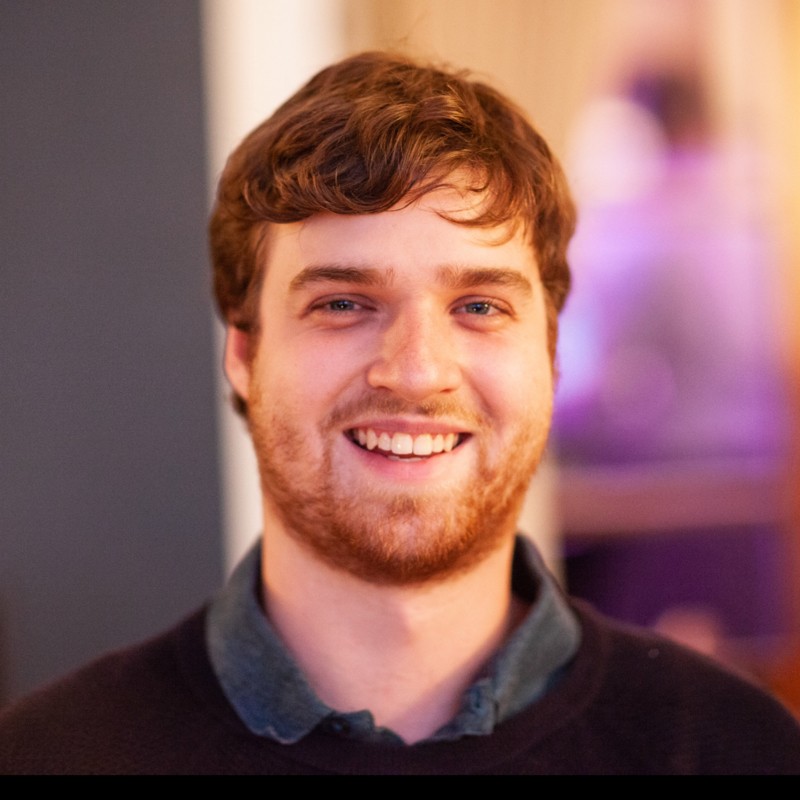
Centre for Cancer Immunology
What is your PhD project focused on? My PhD project, in collaboration with Swedish biotechnology company BioInvent, is aimed at finding novel tumour T-regulatory cell (Treg) therapeutic targets and then developing antibodies against them. Tregs are a sub-population of CD4 T cells that suppress the body’s immune response against the tumour, so depleting them from the tumour microenvironment (TME) increases the effectiveness of existing immunotherapies that expand cytotoxic CD8 T cells, leading to improved tumour control in more patients. In terms of methodology, my project uses a blend of dry and wet lab techniques, where I’ve created a bioinformatic pipeline to identify new potential Treg targets, and I am now back in the lab to characterise the targets I’ve identified and generate antibodies against them.
What skills have you developed so far? I have learnt a wide variety of skills since starting this programme, whether that be wet lab, dry lab or transferrable skills. Wet lab skills that I have acquired or developed further include classical skills such as qPCR, molecular biology, western blots, fluorescence microscopy and flow cytometry, but also more specialised skills such as organoid growth and manipulation as well as time-lapse microscopy. I have also picked up brand new computational skills, specifically learning how to use the R programming language to perform transcriptomic analyses. In terms of transferrable skills, this programme has allowed me to develop my scientific writing skills through writing up a report for each rotation, and heightened my critical analysis skills through the critical examination of published high-impact papers. I have also been able to develop my immunological knowledge in more depth. Finally, collaborating closely with BioInvent has allowed me to experience the industry side of cancer research, which I am hoping to learn even more about on my trip to Sweden to work in their labs!
What have you enjoyed most and least about your experience so far? I believe one of the most valuable aspects of the integrated PhD programme is getting the chance to work on three different projects with three different PIs, and then choose the one that’s the best fit for you. This means that you’re almost guaranteed to end up working on something you enjoy, with a supervisory style that suits your own working/learning pattern. With the iPhD programme there is even the scope to design your own project if that’s up your alley! Personally, I’ve also really benefitted from the individual attention invested in each student, which really makes you feel like a valued member of the department. As with all things, there are ups and there are some downs. This is an intense programme, and the workloads and deadlines are not few. It can sometimes be hard to manage full-time lab work whilst also finding additional hours in the week to work on other deadlines such as conferences and progression reviews; but at least this is a good way to continue learning how to work under pressure and improve project-management skills in the process.
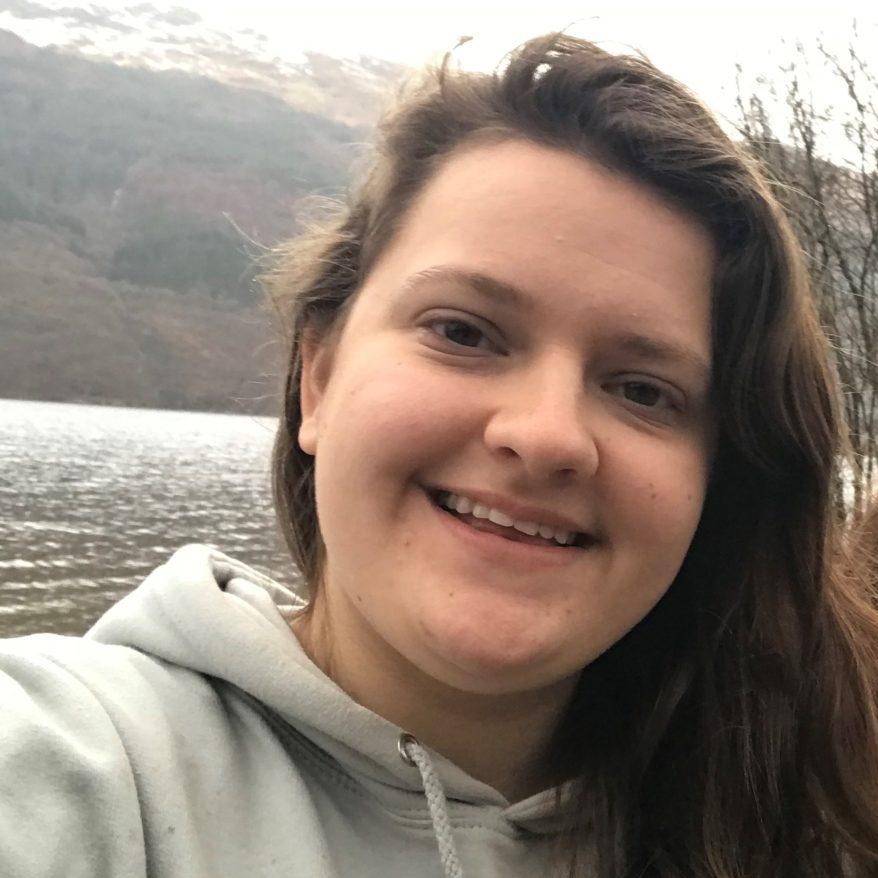
Cancer Inflammation and Immunology
What is your current rotation? The title of my current rotation project is ‘Discovering the role of PARP1 BRCT domain in DNA repair and elucidating the potential of it’s inhibition in cancer treatment.’ This rotation project with Zuzana Horesji was aimed at the understanding of DNA damage response proteins. We are looking at HRPU and other HRPU homology proteins, in particular their expression levels at the protein level in response to damage, their activity before and after phosphorylation and how this affects function. This is using cloning techniques to produce novel truncation of the protein of interest as well as using cell culture followed by immunoprecipitation to investigate protein interactions.
What skills have you developed so far? So far, skills developed have been predominantly in the laboratory environment, particularly cloning techniques. As well as that, the Southampton computational module has been quite enlightening and I have come out with a working understanding of R coding as well as it uses for ‘omics research.
How have you found the mathematic/computational component of the DTP? The bioinformatics component taught at Southampton is structured in a very good way and helps initially with getting to grips with R coding. However after this initial session with R the level of coding increases exponentially. Looking at single cell sequencing, principal component analysis etc is quite difficult to understand. The coursework for this section is quite helpful to get to grips with the techniques.
What have you enjoyed most and least about your experience so far? The most enjoyable aspect of the course for me so far has been learning to use R to a standard which is actually useful. The least enjoyable aspect is balancing lab work with lectures and coursework.
